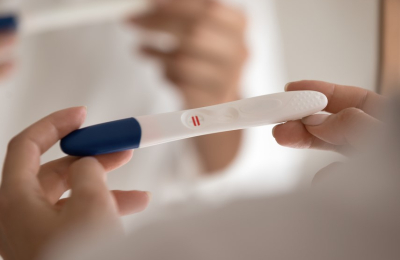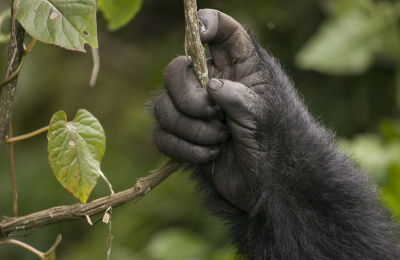
A breakthrough discovery by Rutgers University researchers has identified a genetic variant linked to early miscarriages in women.
The variant, found in the KIF18A gene, accelerates reproductive aging, causing eggs to age faster and increasing the chances of producing abnormal eggs with an incorrect number of chromosomes, a condition known as aneuploidy. This leads to a higher risk of miscarriage. By studying women with high embryonic aneuploidy, researchers discovered a direct genetic link, suggesting that women with this mutation could experience infertility at a younger age. This finding could help inform reproductive planning, allowing women to take preventive measures such as early fertility treatments or egg freezing. The research offers a new approach to understanding the genetic factors that contribute to infertility, potentially leading to more targeted reproductive strategies. By identifying genetic risks early, women could make decisions that improve their chances of successful pregnancies. This work could ultimately pave the way for personalized medicine in fertility care, giving women more informed choices about their reproductive health. The study marks an important step in unlocking the genetic mysteries behind infertility, with the potential to guide future fertility treatments and interventions. Researchers are optimistic that further investigation into similar genetic variants could provide additional insights into the causes of miscarriages and other fertility challenges.
Source
Maternal genetic variants in kinesin motor domains prematurely increase egg aneuploidy | PNAS







































































